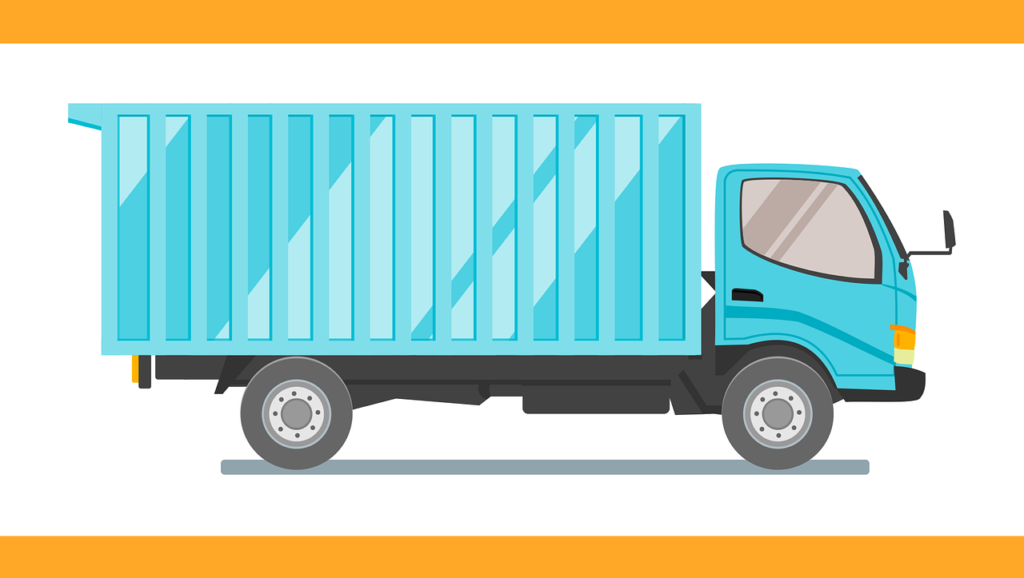
The fleet industry has been rising for the last few years. The over usage of commercial trucks demands a set of rules to be made for the drivers. As you know, Electronic Logging Device (ELD) is a device designed to make the daily tasks of the truck drivers simpler. However, some people take ELD as an extra layer of rules and regulations by the government and try to counter it. In reality, the ELD device connects to the vehicle’s engine and records all driving activities. It also updates the logs for drivers and gives them real-time updates by calculating risks. Such imperative information is stored in the software and sent to the fleet manager.
The introduction of the ELD Mandate requires the specified truck drivers to use electronic logging devices. If you are asked to complete the Records of Duty Status (RODS) or Hours of Service (HOS) logbook, the switch to the ELD rule will influence you.
The ELD Final Rule is pertinent to the interstate truck drivers (comprises small carriers and owner-operators), the motor carriers who maintain RODS and HOS, and bus drivers. If someone meets the requirement based on weight and activity to record, they are also required to comply. When you have used paper logs to maintain RODS and HOS in the past, you may confirm with the Department of Transportation (DOT) if the rule applies to you. You must try to understand what would be needed to get the ELD started from the respective governing DOT.
The CDL drivers from Canada and Mexico domicile are included in the mandate too. However, they are exempt if they fall under one of the ELD rule exceptions.
As per the Federal Motor Carrier Safety Administration (FMCSA), there are five exemptions allowed at present. Read the following article to know these exemptions:-
1) Exempting the short-haul drivers:
This exemption is for the short-haul truck drivers who use the 150 air-mile radius exception (non-CDL short-haul). The short-haul drivers who do not come under this category, have another exemption to assist them. The ‘drivers with eight days of RODS or less’ is the exemption to help other drivers.
2) Exempting the driveaway-towaway operators:
Another set of drivers exempted from the ELD mandate is driveaway-towaway operators. If your commercial truck is a part of a shipment, you do not need an ELD for the driver. When your vehicle is being sold as a commodity, both the driver and vehicle are exempt from the ELD final rule. Let’s say, a CMW is driven from the manufacturer’s warehouse to the warehouse of the purchasing company, the ELD mandate is not applicable as the vehicle is a commodity that is delivered.
3) Exempting the vehicles dated before 2000:
The vehicles dated 1999 or before are allowed exemption from the ELD mandate rule. It is applicable regardless of the vehicle registration date. The exemption is specifically for the age of the engine or VIN in a motorcar. Most of the vehicles before 2000 are not decked with an Engine Control Module (ECM). So if your motor car’s VIN is pre-2000, it is exempt. Several people get the engine of their vehicle swapped from another one with a glider kit. In such a case, the year of the engine model will determine whether the ELD exemption is allowed or not. If the engine model is older than 2000 and the vehicle is new, you will still get the exemption. There was confusion about this exemption. However, these confusions were simplified by the FMCSA in the middle of 2018.
4) Exempting the drivers who have eight days of RODS or less:
This exemption is especially for drivers who do not drive frequently. The drivers who go for Records of Duty Status (RODS) for eight days or less in thirty days are exempt from using the electronic logging device. If the driver doesn’t frequently go over eight days of RODS, they can use the ELD whenever they do. But, if the driver continues to drive eight of every consecutive thirty days, it is always best to install the ELD permanently in their truck.
5) Exempting agriculture and farm-related vehicles:
The above exemptions related to electronic logging devices apply to the agriculture industry and agriculture commodities. The livestock haulers are included in this exemption as well. Since they are to deliver living beings or breathing commodities, they require extra time and flexibility. Thus to provide them the comfort, ELD is exempt for them. However, the livestock haulers who drive beyond 150 air-mile radii, need to follow the HOS rules and the ELD rules.
Now you read about the five exemptions allowed in the ELD mandate guidelines. However, people still tend to have common questions about the ELD mandate and think it is an unnecessary burden. The ELD mandate law was passed for the betterment of commercial drivers and fleet managers. The long-distance drives are physically tiring and leave the drivers with no additional energy to record their service hours. However, the managers need to know how many hours a driver has traveled for compensation purposes and assign them work. Overworked drivers are often prone to highway accidents. Thus to avoid excessive driving, ELD is necessary. When the hours of service are entered manually, there are chances of manipulation or errors.
With the ELD mandate, you replace the old paper logs with electronic devices. These devices certainly perform better and give you the most accurate data. The drivers do not exceed their working hours and eventually, there will be fewer accidents on the roads. You will be thrilled to see the many benefits of installing ELD in your truck.